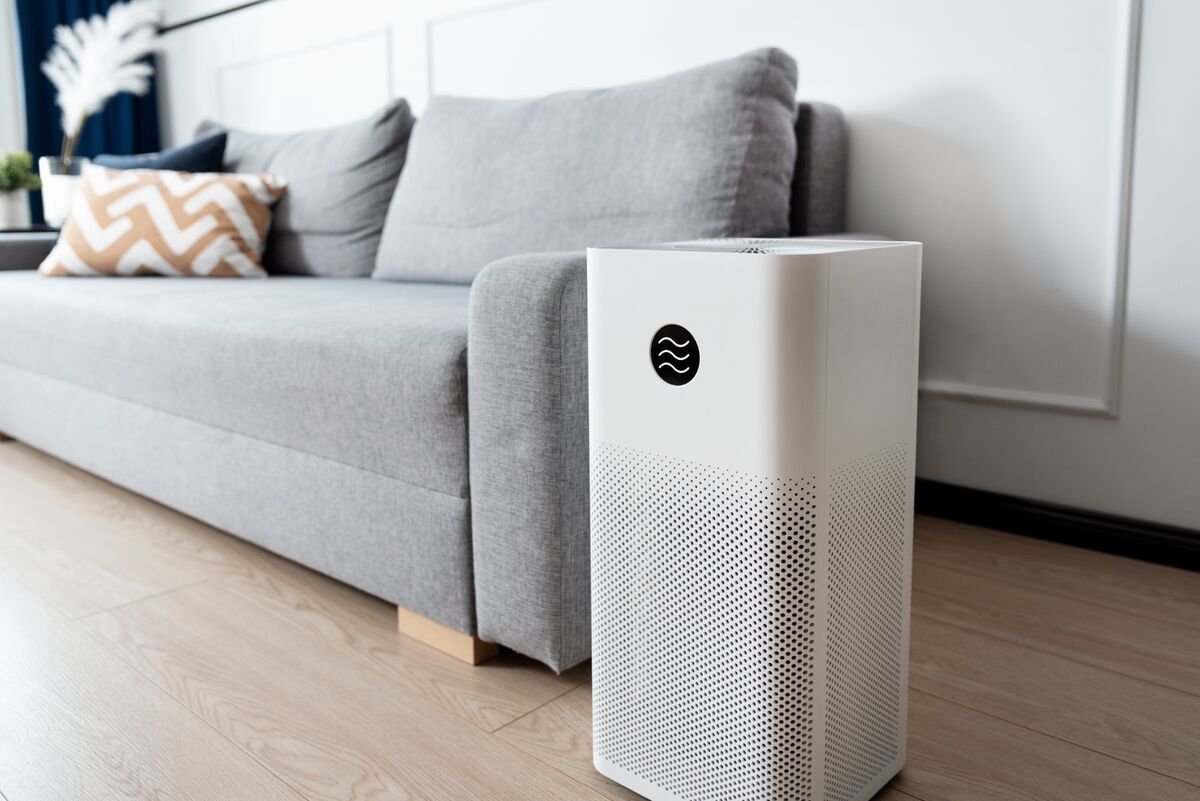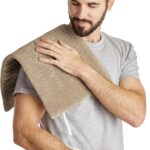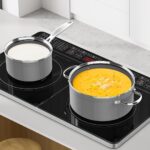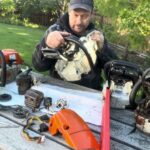If you’ve shopped for a vacuum cleaner, air purifier, or even a face mask lately, you’ve likely come across the term HEPA filter. But what exactly does it mean—and why is it such a big deal in cleaning and air quality? In this post, we’ll break down the science behind HEPA filters, how they work, and why they’re worth paying attention to.
What Does HEPA Stand For?
HEPA stands for High-Efficiency Particulate Air. A true HEPA filter can trap at least 99.97% of particles that are 0.3 microns in diameter. That includes dust, pollen, pet dander, mold spores, smoke, and even some bacteria.
How HEPA Filters Work
HEPA filters are made from a dense mat of randomly arranged fibers, typically fiberglass. As air passes through the filter, particles are captured through several key mechanisms:
- Interception – Larger particles follow the airflow and stick to the fibers
- Impaction – Medium-sized particles are too heavy to follow the airstream and collide with fibers
- Diffusion – Ultrafine particles move erratically and get caught in the fiber network
These combined processes allow HEPA filters to trap a wide range of airborne pollutants—even ones too small to see.
Where You’ll Find HEPA Filters
In Vacuum Cleaners
Vacuum cleaners with HEPA filters are ideal for homes with pets, allergies, or asthma. They capture allergens instead of releasing them back into the air as you clean. This is especially important for carpets, rugs, and upholstery.
In Air Purifiers
Many modern air purifiers use HEPA filters to clean indoor air by removing fine dust, smoke, and allergens. Combined with activated carbon filters, they can also reduce odors and VOCs.
In HVAC Systems
Some high-efficiency HVAC systems and portable air conditioners offer HEPA-grade filtration for whole-home air cleaning. However, not all standard home systems are compatible with dense HEPA filters due to airflow resistance.
Why HEPA Filters Matter
HEPA filters help improve indoor air quality—which can affect your comfort, sleep, and long-term health. Cleaner air reduces the risk of respiratory problems and allergic reactions. In homes with pets, children, or high pollution, HEPA filtration can make a noticeable difference in how clean the air feels.
Are All HEPA Filters the Same?
No—there’s a difference between true HEPA and HEPA-type or HEPA-like filters. Only true HEPA filters meet the 99.97% at 0.3 microns standard. Always check product labels for certifications like ANSI/ASHRAE or EN 1822 in Europe.
Tips for Using HEPA Filters Effectively
- Replace filters as recommended—clogged filters lose efficiency
- Use sealed systems (especially in vacuums) to prevent particles from leaking out
- Don’t rely on HEPA alone—combine with good ventilation and regular surface cleaning
Final Thoughts
HEPA filters aren’t just a marketing buzzword—they’re grounded in solid science and play a critical role in reducing airborne pollutants in your home. Whether you’re vacuuming carpets, running an air purifier, or maintaining clean air for your family, a HEPA filter is one of the most effective tools you can use.
Want to know which cleaning tools actually use true HEPA filters? Explore our latest vacuum and purifier reviews in Cleaning Tools.








Leave a Reply